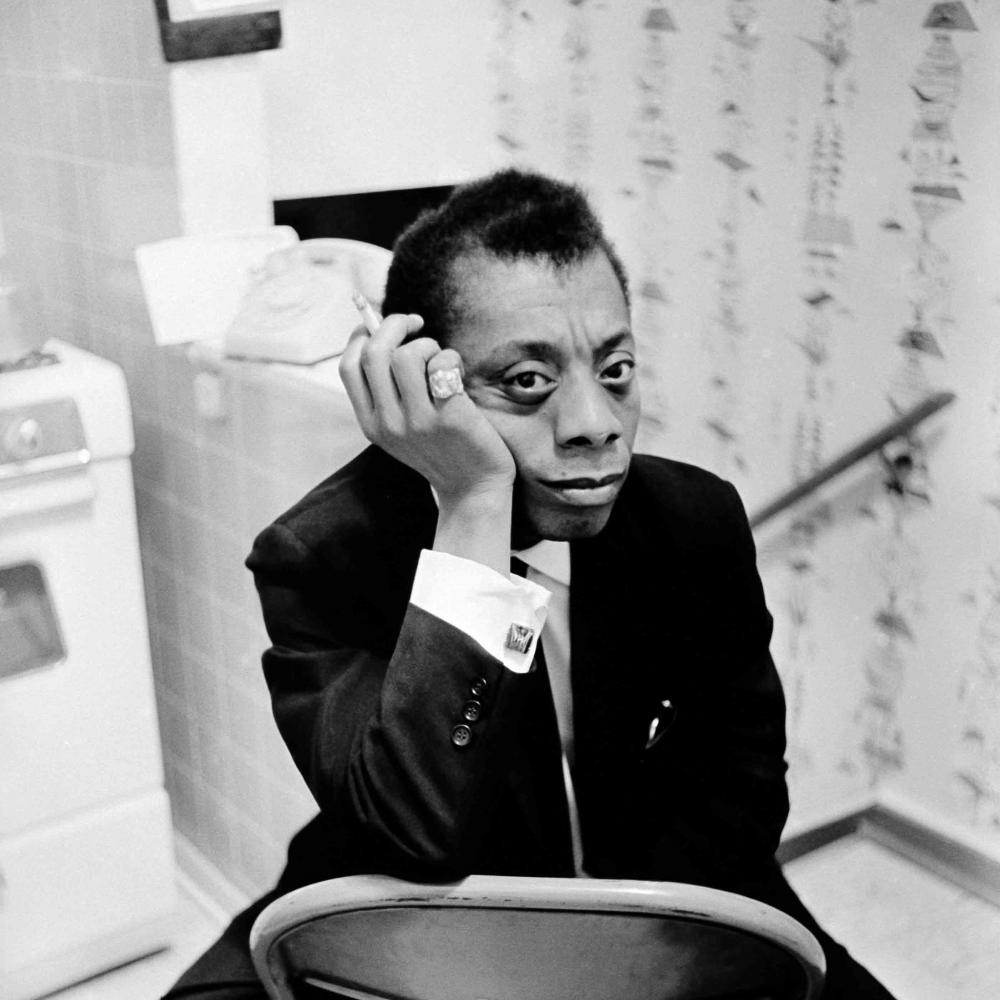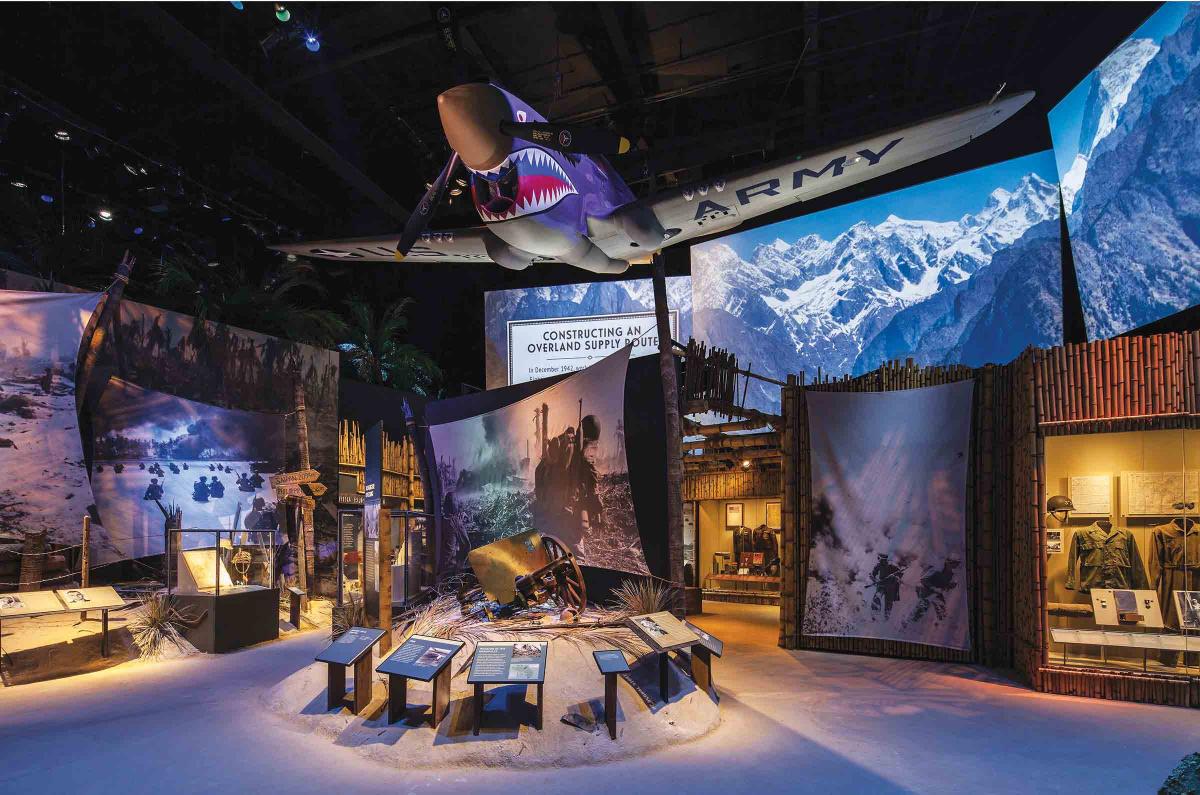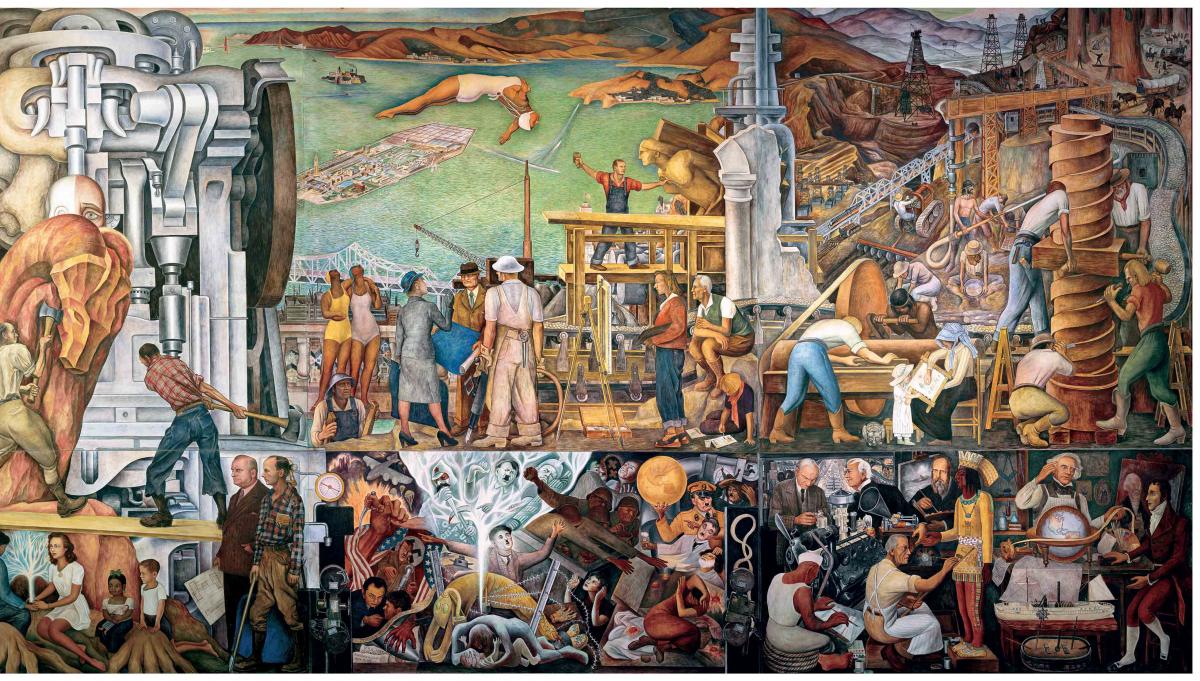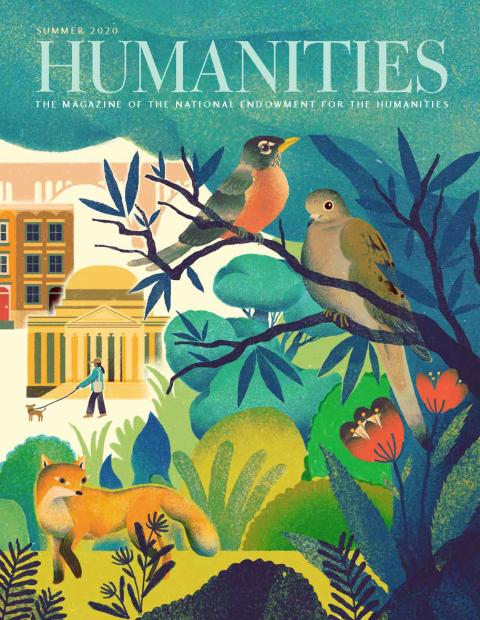From digital programming at the National World War II Museum in New Orleans to preparing for the centennial of the Tulsa Race Massacre in Oklahoma, important humanities projects are receiving vital support during the pandemic. In March, NEH received $75 million in supplemental grant funding through the $2.2 trillion Coronavirus Aid, Relief, and Economic Security (CARES) Act. The agency immediately distributed $30 million to the 56 state and jurisdictional humanities councils to support local cultural nonprofits and educational programming. The councils reach an estimated annual audience of 137 million people.
After a special virtual meeting of the National Council on the Humanities in early June, NEH awarded $40.3 million in CARES Act economic stabilization grants to more than three hundred institutions, spanning all 50 states and the District of Columbia. NEH received more than 2,300 eligible applications from cultural organizations, requesting more than $370 million in funding. Approximately 14 percent of the applicants received grants.
“Over the past few months we have witnessed tremendous financial distress at cultural organizations across the country, which have been compelled to furlough staff, cancel programs, and reduce operations to make up for revenue shortfalls caused by the pandemic,” said NEH Chairman Jon Parrish Peede. “NEH is pleased to provide $40 million to preserve thousands of jobs at museums, archives, historic sites, and colleges and universities that are vital to our nation’s cultural life and economy.”
These CARES grants are a lifeline to nonprofit organizations that may not have other avenues for survival—funding the retention of staff, maintenance of buildings, research, preservation and curation of collections, and continuity of core operations. For example, one CARES grant to the American Civil War Museum in Richmond, Virginia, is providing continued employment for 25 staff members responsible for presenting and interpreting history to the public. Another grant will assist the expansion of Lakota language e-learning resources for teachers and schools in North Dakota and South Dakota, so progress in saving these endangered languages can continue.
Although many aspects of public life have been affected by the current crisis, the important work of many humanities institutions continues. A grant to the Foundation for Advancement in Conservation will retain cultural heritage experts to help ensure the protection of the country’s crucial humanities collections. A grant to the National World War I Museum and Memorial in Kansas City, Missouri, will help digitize and transcribe a collection of 10,000 pages of World War I letters, journals, and diaries for future generations to learn from.
NEH CARES grants will enable organizations to prepare buildings, exhibitions, and programs for reopening. One grant will support completion of a digital 3D model of Diego Rivera’s monumental 1940 Pan American Unity fresco. The model will make the 74-foot work in San Francisco accessible to viewers across the globe. Enfield Shaker Museum is using its CARES grant to develop personal smartphone tours at its site in New Hampshire, and the Shaker Village of Pleasant Hill in Kentucky is able to retain its staff for future opening and programming.
Several recipients will use their grants to shift programs and institutional resources online to reach a wider public during the pandemic. The Gilder Lehrman Institute of American History will help fill gaps in remote learning through online summer seminars and digital programming for K–12 U.S. history educators. The American Writers Museum in Chicago will develop online exhibitions and curricular materials for the public, while the Atlanta History Center will create a curriculum and virtual field trips for students in grades 3–12. Staff at the Reginald F. Lewis Museum of Maryland African American History & Culture will be retained to create an online version of its exhibition on the experiences of runaway slaves.
As this worldwide crisis continues, many organizations devoted to documenting and interpreting history are taking note. With CARES support, City Lore in New York City will document the pandemic’s impact on American communities. Radio Diaries will use NEH funding to create a series of first-person narratives on these difficult times, and Cold Spring Harbor Laboratory’s humanities center will work on a large oral history initiative, compiling biomedical history and responses to pandemics since the Russian flu epidemic of 1889–90.




